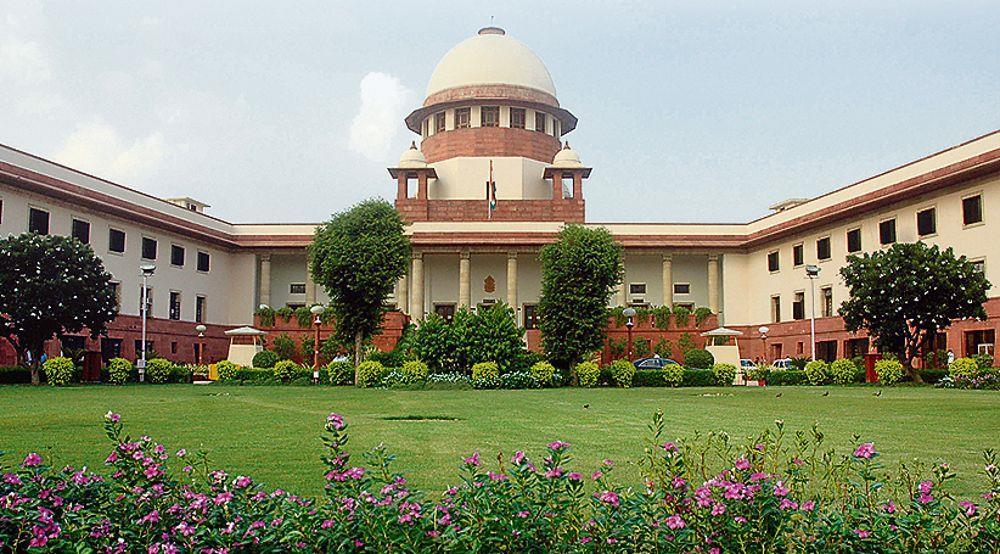
Supreme Court Clarifies Exceptions to MMDR Act, 1957, Allowing Pre-2015 Mining Lease Applications to Proceed
Last Updated on September 15, 2023 by News Desk
Written by: Srijan Raj
The Mines and Minerals (Development and Regulation) Act, 1957 (MMDR Act), states that all applications for mining leases received before 12.1.2015 will become ineligible. However, the Supreme Court has clarified exceptions to this rule. The Mines and Minerals (Development and Regulation) Amendment Act, 2015, aims to ensure that mineral resource distribution is carried out through auctioning. This means that all applications submitted before January 12, 2015 will become ineligible under sub-section (1) of Section 10-A, which was added by the 2015 Amendment Act.
The court ruled that the State Government must be satisfied that the permit holder or licensee has complied with the requirements outlined in Section 10-A (2)(b) of the MMDR Act to be satisfied that the prospecting licence granted to the permit holder or licensee has the right to obtain a prospecting licence followed by a mining lease. In such cases, the bar of Section 10-A (1) shall not apply.
The court also noted that the Central Government having already indicated its consent or the State Government having issued a “Letter of Intent” for the issuance of a mining lease before the 2015 Amendment Act went into effect was another exemption. The court argued that some rights had already accrued to the petitioners before the deadline because all required steps and formalities had been taken, leaving just the official lease to be signed.
Background of the case:
The Calcutta High Court directed the Joint Secretary to grant a long-term lease to Chiranjilal Industries of Bagandih for Dolomite extraction. Dolomite was notified as a minor mineral, falling under the State Government’s jurisdiction. A grant order was issued, subject to conditions and a No Objection Certificate from the Central Government. The respondent-applicant filed a writ petition, but the High Court ruled that Dolomite became a minor mineral, requiring no Central Government approval.
The Supreme Court of India has ruled that the applicant’s case was covered by the exception provided under the proviso to Rule 61 of the Concession Rules, 2016. The court noted that the Division Bench deemed the 2016 Rules inapplicable as the applicant had made the application in March 1998 and the Joint Secretary had granted a mining lease on October 13, 2006, which was later revoked.
The High Court allowed the applicant’s writ petition against the revocation, directing the Joint Secretary to grant a long-term lease for 76 acres of land. The court also noted that Section 10-A (1) of the MMDR Act, 1957, mandates that all applications received prior to January 12, 2015, become ineligible.
The court noted that there are three categories of exceptions to the MMDR Act, including those where an application has been received under Section 11-A of the MMDR Act, where a reconnaissance permit or prospecting licence has been granted, and where the Central Government has already communicated their previous approval or issued a Letter of Intent for the grant of a mining lease before the 2015 Amendment Act came into force.
Case Title: State of West Bengal v. Chiranjilal Industries of Bagandih and Ors.




